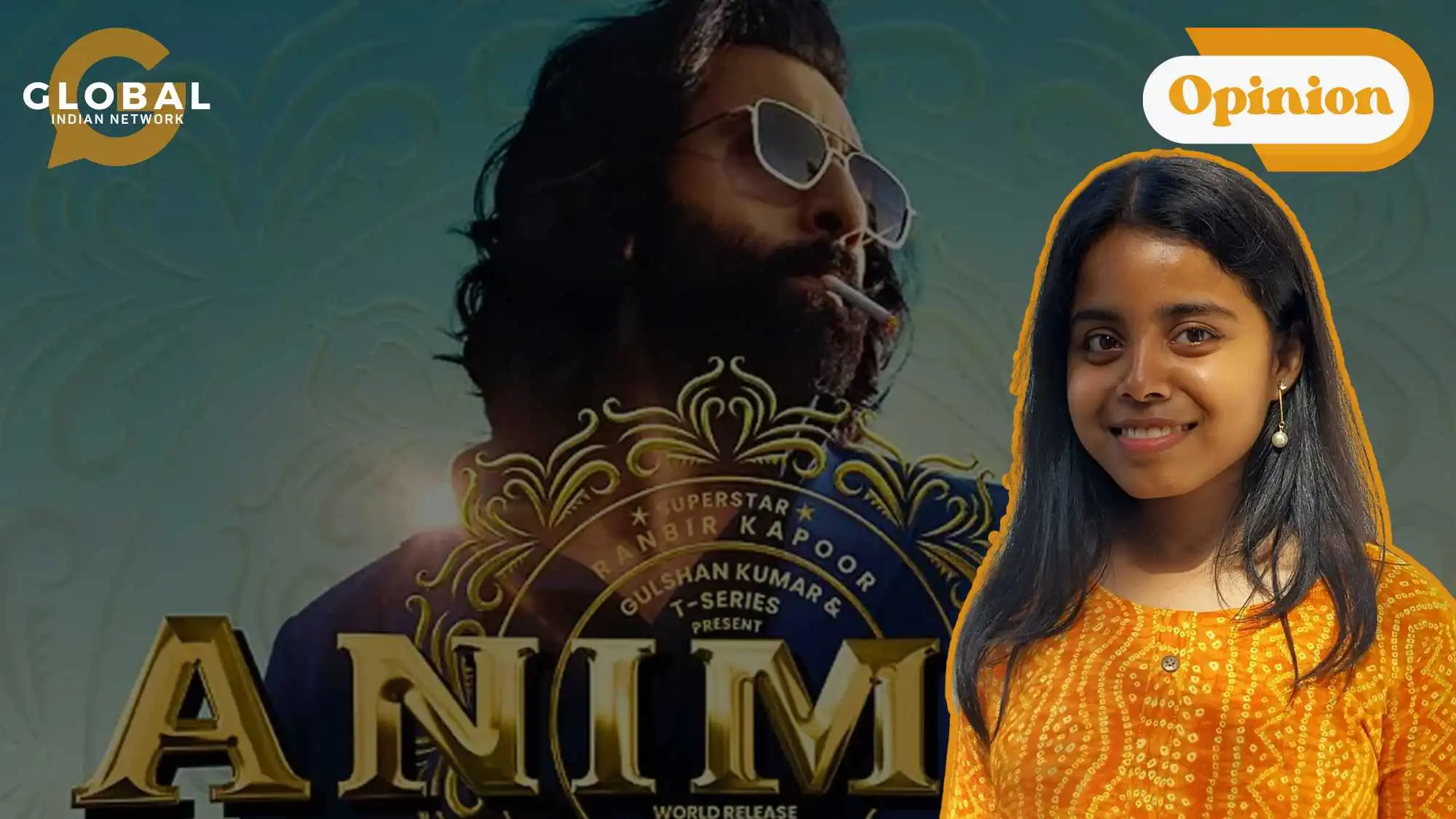Animal is a Bollywood movie that was released in 2023. The movie, directed by Sanjeev Reddy Vanga, starred many Bollywood stalwart actors, such as Ranbir Kapoor, Anil Kapoor, Bobby Deol, Rashmika Mandanna, etc. It created history for its unbelievable, record-breaking box office collection. The movie took the internet by storm!
The movie divided the fans of Bollywood and cinema. This article would take the leverage to discuss certain dilemmas going on right now regarding the issues in the movie. Should we treat movies as a form of art only? Should we look into movies in the context of society as well? And who gets to decide what is a good movie? This also questions the purpose of movies in the 21st century.
Criticism on Animal
Animal is criticised for showing violent, aggressive content. Moreover, the movie was regressive towards women—the misogynistic actions and comments in the movie further invite bashing. The movie has several scenes and dialogues with derogatory remarks made at women. Also, the male toxicity and cringe scenes make it somewhat absurd.
However, many actors and directors of Bollywood have come in support of the movie. They claim that Animal is a brilliant example of cinematic craftsmanship, which is true. The film has fantastic fighting scenes and excellent acting by the cast, and it produces a great cinematic experience. No doubt, the visuals of the film seduced the audience to watch it. Although, the plot and dialogues underperformed. It adds to the stimulation: why should one watch Animal?
Films are a form of art and should be treated like one. The supporters of the movies claim that the motive of watching a movie is to get entertained. If it can't entertain people, why should an individual pay and watch it? But this brings us to the question of the role of cinema in the everyday life of the general public. Cinema has helped raise the important issues of society through characters. Sometimes, social issues are not recognised, but movies make them recognised. It's true, especially in the case of Bollywood. It has been an integral part of the Indian identity; the movies present characters that Indians aspire to become and stories that represent them. So should movies be made for didactic purposes, with the elements of life, or should they be for entertainment or try to reckon both?
Famous Feminist film theorist Laura Mulvey, in her essay, "Visual Pleasure and Narrative Cinema", talks about how what is shown on screen gets unknowingly manifested by the spectator sitting in the theatre as they are separated by the world through the darkness of the cinema hall. Their desires are projected through the characters on the screen. In this case, should we consider what is to be shown?
Interestingly, movies like Animal and Kabir Singh also help us recognise the flaws of society. It highlights the issue by not condemning it but presenting it straightforwardly. When we as an audience watch such a piece of cinema, we automatically come to criticise it by identifying and relating to it and striking up a conversation on the same topic. We tend to detest it by actions and words. Somehow, this dilemma and debate is prolonged.
You would like reading to What pop culture tells us about self-pleasure.
What are your views? Let us know in the comment section. If you have burning thoughts or opinions to express, please feel free to reach out to us at larra@globalindiannetwork.com











[…] services like Netflix, Amazon Prime, and Disney+ Hotstar have transformed how Indians watch movies and TV shows, offering a diverse range of content that caters to various tastes and […]